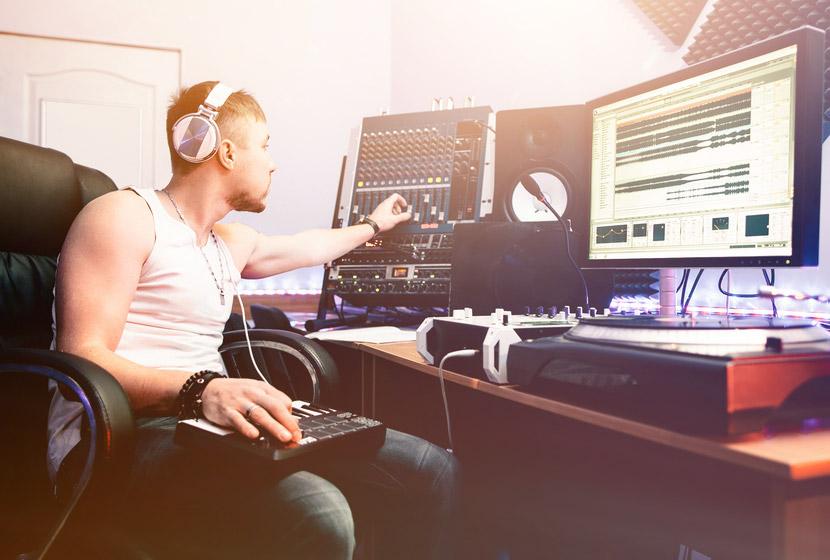Synchronisation is the use of your music in audiovisual productions. This involves various media: advertising, films, documentaries, video games etc.
The most lucrative of these are television advertising, films and television serials, etc., which often use music by well-known existing artists.
However, the expansion of the internet has created a huge rise in the number of both short and longer videos being produced, which all need music. Advertising campaigns and web commercials are becoming much more common and are free to select any music they want. Their budgets are smaller than those for larger productions, so they often rely on unknown artists, whose music reflects their style.


